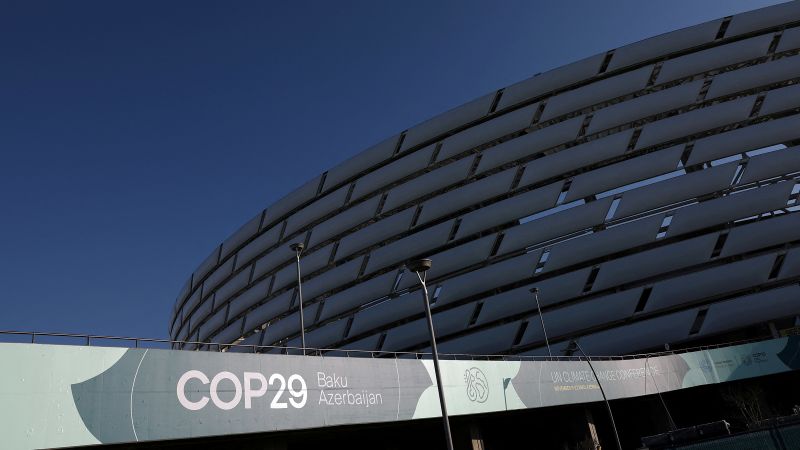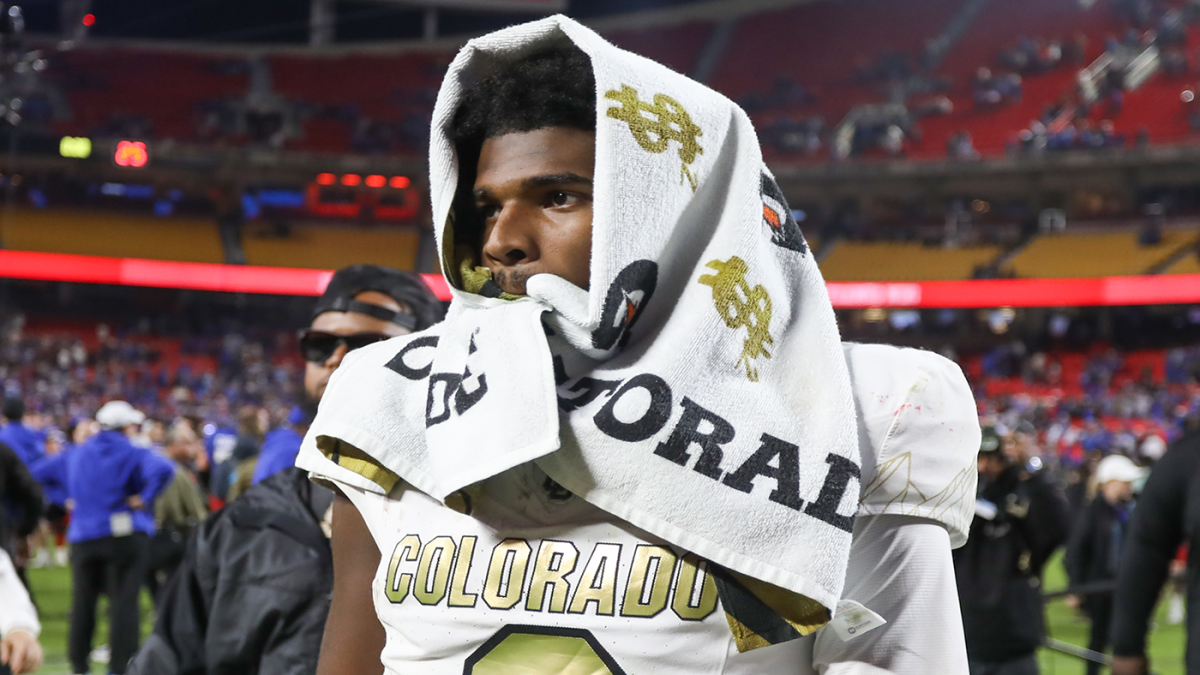CNN
—
The world agreed to a new climate deal in Baku, Azerbaijan, Saturday, with wealthy countries pledging to provide $300 billion annually by 2035 to poorer countries to help them cope with the increasingly catastrophic impacts of the climate crisis — a figure many developing countries criticized as vastly insufficient.
The agreement came after more than two weeks of bitter divisions and fractious negotiations, thrown into chaos by walkouts, boycotts, political spats and open celebrations of fossil fuels.
At points there was fear the talks would implode, as groups representing vulnerable small island states and the least-developed countries walked out of negotiations Saturday. But at 2:40 a.m. local time Sunday, more than 30 hours after deadline, the gavel finally went down on the agreement between nearly 200 countries.
The $300 billion, which will be a mixture of public and private money, will go to vulnerable, poorer nations to help them cope with increasingly devastating extreme weather and to transition their economies toward clean energy.
The amount pledged, however, falls far short of the $1.3 trillion developing countries have consistently said is needed to help them cope with a climate crisis they have done least to cause.
“We are leaving with a small portion of the funding climate-vulnerable countries urgently need. It isn’t nearly enough, but it’s a start,” said Tina Stege, Marshall Islands climate envoy.
But she heavily criticized the talks as showing the “very worst of political opportunism.” Fossil fuel interests “have been determined to block progress and undermine the multilateral goals we’ve worked to build,” Stege said in a statement.
This is a developing story and will be updated.









